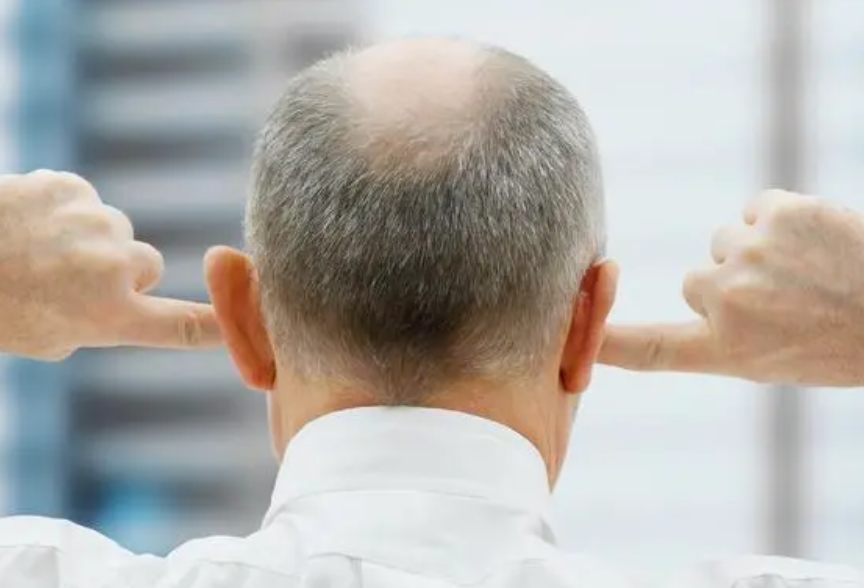
Children are more likely to suffer from otitis media after a cold, why did I catch a cold, did not cause otitis media, my child a cold fever, otitis media, is not my child's ear problems?
The susceptibility of children to otitis media after a cold is related to the structural characteristics of children's ears, but it does not mean that children have ear problems.
There is a tube connecting the middle ear on both sides of our nasopharynx, which we call the "eustachian tube", and the eustachian tube in children is not mature, relative to adults, shorter and flatter, and its mouth is open.
Therefore, when a child has an upper respiratory infection, coughing and blowing his nose will allow the bacteria in the nasopharynx to enter the middle ear through the eustachian tube, causing otitis media, with symptoms such as fever, earache, pus flowing from the ear canal, and hearing loss.
Therefore, children are more likely to suffer from otitis media after a cold.
Secretory otitis media is the child's "invisible hearing killer", otitis media children are mostly caused by colds, but because some types of otitis media early symptoms are not obvious, resulting in many children have delayed the best treatment period.
The inflammation of the middle ear cavity within the eardrum is generally called otitis media, which can be divided into suppurative otitis media and non-suppurative otitis media.
If the earache is severe, or even a perforation of the eardrum and pus discharge, it is usually suppurative otitis media.
If there is no obvious pain, only manifested as ear discomfort, muffling, it is often non-suppurative otitis media, also known as secretory otitis media.
In secretory otitis media, the eardrum is intact and secretions accumulate in the middle ear cavity, which can further cause hearing loss.
Because there is no obvious clinical manifestation of secretory otitis media in the early stage, the mild hearing loss caused by it is also easy to be ignored by parents, sometimes it seems that the cold is good, but the otitis media caused by the cold is ignored, and there is no effective intervention in time, resulting in hearing loss in children.
Therefore, secretory otitis media has become an "invisible killer" affecting children's hearing.
If the secretory otitis media is not timely and effective intervention treatment, the fluid in the ear will persist for a long time, which will lead to secondary diseases such as adhesive otitis media, tympanosclerosis, and cholesterol granuloma, resulting in further hearing loss.
At this time, treatment is much more complicated than the treatment of secretory otitis media, and for children, long-term hearing loss can affect their speech development and learning.Treatment of cold should pay attention to ear symptoms as early as possible, if the otitis media is timely and effective treatment, most children's hearing will not be affected.
The key to preventing otitis media in children is a word "early", that is, early detection, early diagnosis, early treatment, for children, winter should not only prevent colds, but also actively prevent otitis media.
When parents find that children ear pain, slow response to sound or ear pus discharge and other symptoms, be sure to go to the hospital as soon as possible.
At the same time, if the child has nasal congestion, snoring, adenoid hypertrophy and other diseases, in the occurrence of a cold, should be the first time to the ear, nose and throat department, otoscopy, acoustic immanence test and other professional examinations, to rule out the possibility of otitis media, if there is otitis media should be treated as soon as possible.

